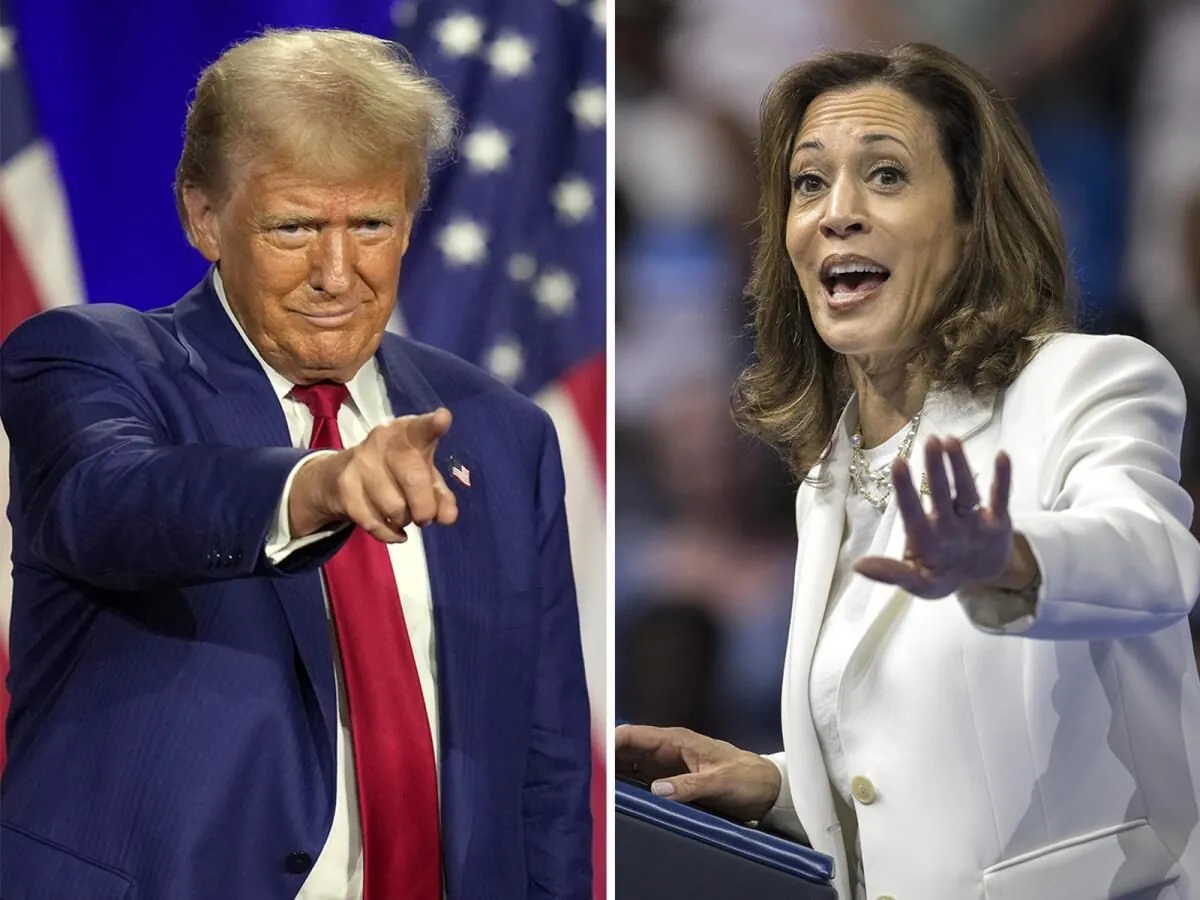As the United States prepares for the November 5, 2024 presidential election, Donald Trump and Kamala Harris emerge as the primary contenders, presenting markedly different visions for the country's future. Their contrasting positions on key issues highlight the significant choices facing American voters.
On immigration, Trump maintains his hardline stance, pledging to initiate extensive deportation operations and potentially utilize the National Guard or military for border enforcement. In contrast, Harris advocates for a more moderate approach, supporting bipartisan immigration reform and opposing family separation policies.
Regarding the ongoing conflict in Ukraine, which has become the largest military mobilization in Europe since World War II, Trump calls for an immediate ceasefire and claims he could resolve the situation swiftly. Harris, representing the current administration's position, emphasizes continued support for Ukraine and the importance of international cooperation through NATO, an alliance established in 1949 with 12 founding members.
The abortion debate remains a contentious issue. Following the Supreme Court's 2022 decision to overturn Roe v. Wade, a landmark 1973 ruling, Trump now advocates for state-level decisions on abortion rights. Harris strongly supports federal protection for abortion access, becoming the first vice president to visit an abortion clinic in March 2024.
"How dare these elected leaders believe they are in a better position to tell women what they need. We have to be a nation that trusts women."
Economic policies also diverge significantly. Trump proposes extending his 2017 tax cuts and implementing substantial tariffs on imports, particularly from China. Harris supports increasing corporate tax rates and focuses on strengthening the middle class, pledging not to raise taxes on those earning under $400,000 annually.
On the Israel-Gaza conflict, both candidates express strong support for Israel. Trump touts his administration's achievements, including the 2018 relocation of the U.S. Embassy to Jerusalem and the 2020 Abraham Accords. Harris, while backing Israel, has voiced concerns about civilian casualties in Gaza.
Climate change policies reveal stark differences. Trump has historically downplayed climate concerns and promises to reverse Biden administration environmental initiatives. Harris acknowledges climate change as a pressing issue and supports measures like the Inflation Reduction Act of 2022, which includes significant climate provisions.
In foreign policy, Trump's "America First" approach contrasts with Harris's emphasis on international cooperation. While Trump has criticized NATO and praised authoritarian leaders, Harris reaffirms commitment to allies and democratic values.
As the election approaches, voters must consider these divergent policy positions and their potential impacts on America's domestic and international standing. The outcome will significantly influence the nation's trajectory on critical issues ranging from immigration and abortion rights to climate action and global relations.
